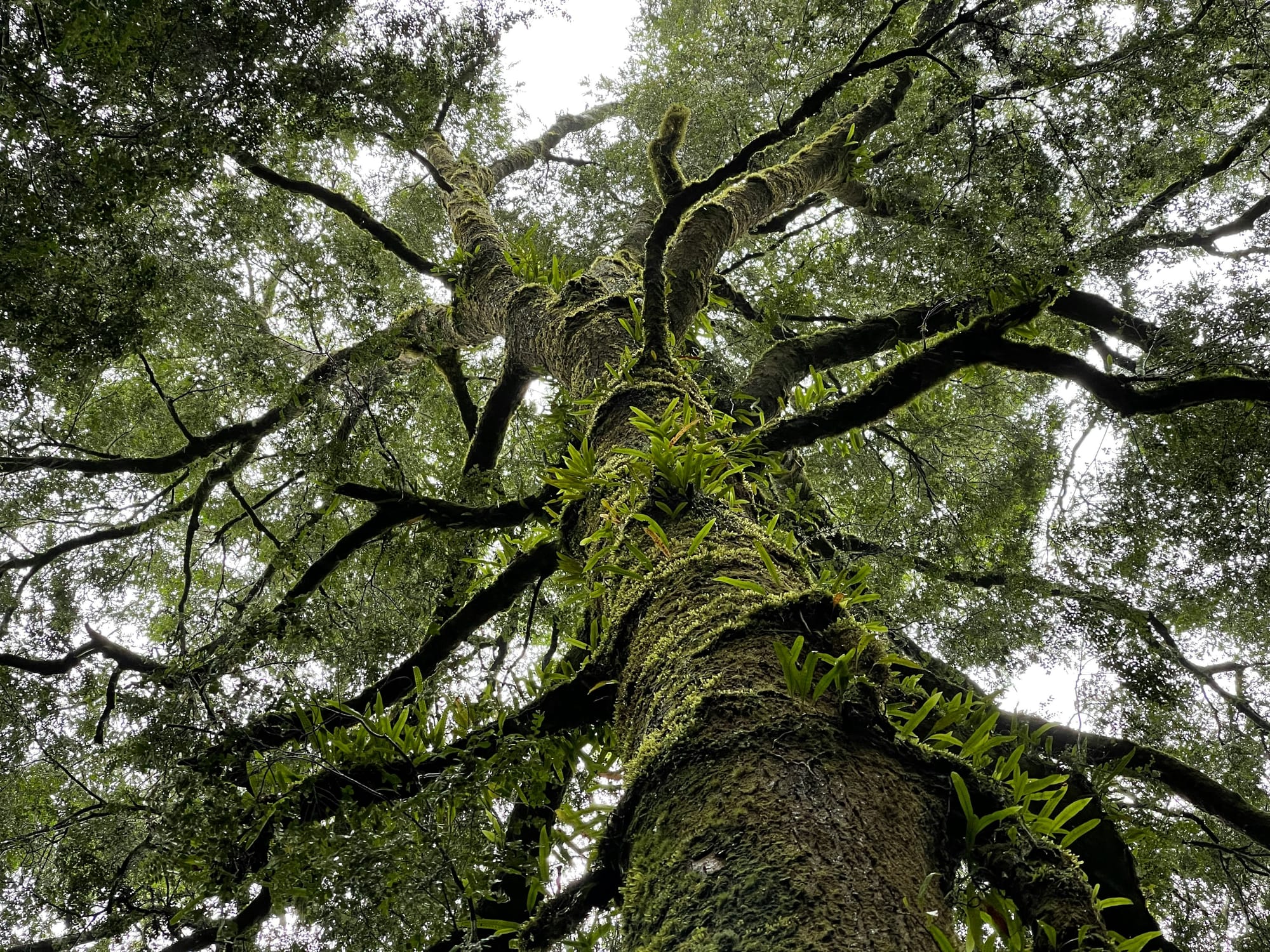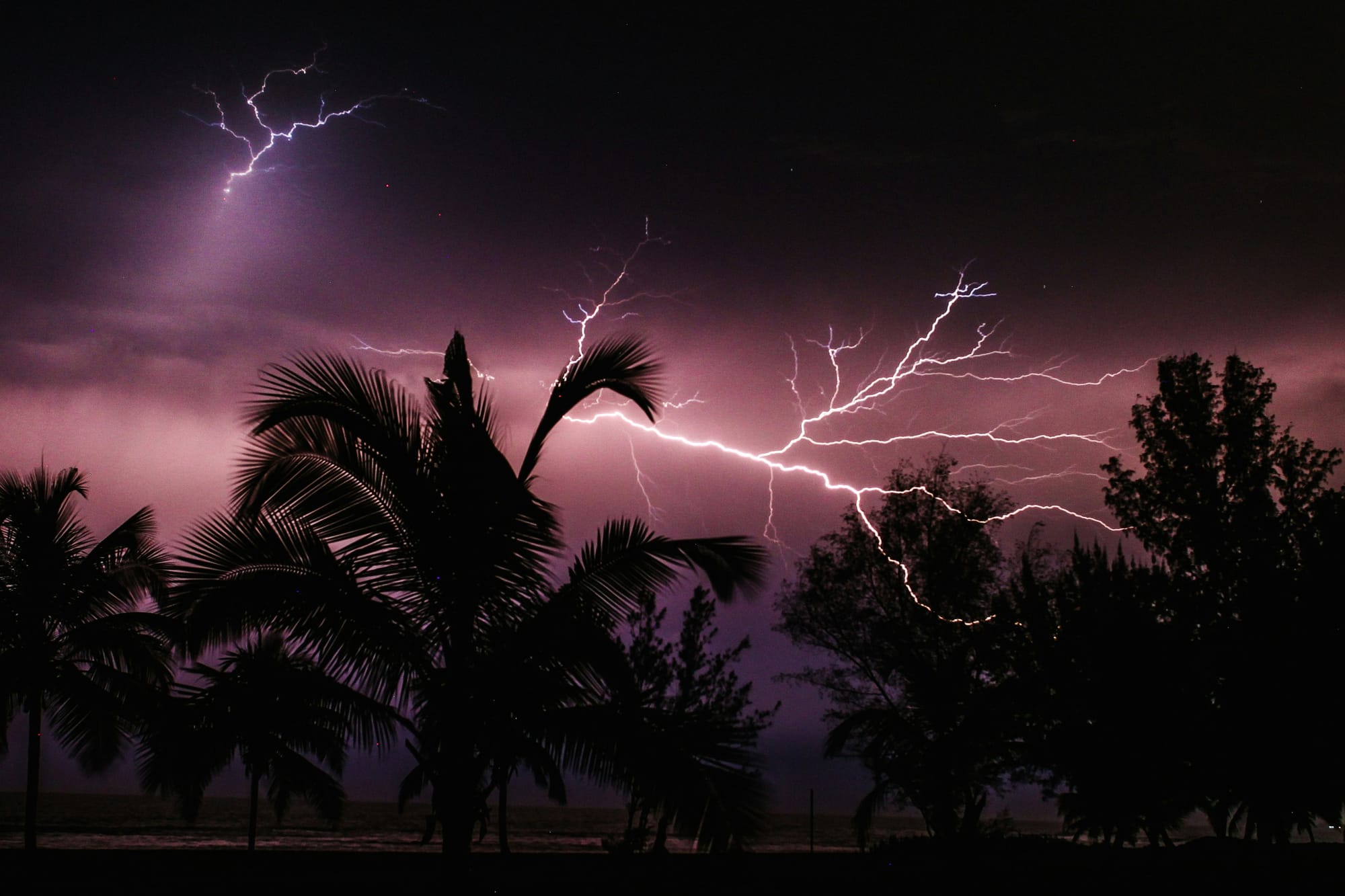"Each individual’s brain is more like a unique rainforest…”
A better metaphor for better understanding. We’re part of nature.

Estimated read time: 4 minutes.
Today, I’m long on ideas and short on time.
This is the third blog post I’ve ever written, and I need it to be a short one. Because writing can be SO dern time-consuming, and I got a taste last weekend of what it felt like to start blogging.
I did enjoy the process of writing last weekend’s piece on the $2 Thesaurus and the Toothbrush, and I liked the final draft, but it ballooned into my life in a way I can’t do on a weekly basis.
That nagging question of “is this a good use of my time?” produced an uneasy feeling which grew and lingered. That feeling is just information, and yet I want to honor it as an important data point. On reflection, I don’t think I can sustain that level of weekly effort in my life right now.
So I’ll keep it short for myself by recycling words, both mine and others.
(In a browser, click the toggles for the full quotation):
(1) Learning about our brains is not just interesting. It can help us thrive.
"Brain knowledge is brainpower; teaching students about their developing brain can support their academic and personal development by deepening their understanding of science and humanities, their mental capacity, and their self-identity."
from the article Growing Brains, Nurturing Minds—Neuroscience as an Educational Tool to Support Students’ Development as Life-Long Learners (2022) by Hagar Goldberg, published in the journal Brain Sciences.
^Note - if you feel like a deep-dive, this article is worth the read. Especially for caregivers and people in helping fields like education, therapy, and coaching.
(2) Principle of Neurodiversity #1: The Human Brain Works More Like a Rainforest Than a Machine
“The human brain is not a machine; it’s a biological organism. It isn’t characterized by levers and gears, gaskets and sockets, or even the simple binary codes of computers. It isn’t hardware or software. It’s wetware. And it’s messy. Millions of years of evolution have created over a hundred billion brain cells organized and connected in unbelievably intricate networks of organicity. The working of the human brain mirrors the natural world in many ways. The body of a neuron, or brain cell, for example, looks like an exotic tropical tree with numerous branches. The electrical crackling of neuronal networks mimics lightning in a forest. The undulations of neurotransmitters moving between neurons resemble the ocean tides. Nobel Prize-winning biologist Gerald Edelman has viewed the human brain as a kind of Darwinian jungle, where groups of neurons compete against each other for predominance in responding to environmental stimuli. He writes, 'The brain is in no sense like any kind of instruction machine, like a computer. Each individual’s brain is more like a unique rainforest, teeming with growth, decay, competition, diversity, and selection.'
Like an ecosystem, the brain has a remarkable ability to transform itself in response to both inner and outer change, a development we now call neuroplasticity…”
from The Power of Neurodiversity: Unleashing the Advantages of Your Neurodivergent Brain (Completely Revised and Updated Second Edition) (2025) by Thomas Armstrong



Images from unsplash. A few metaphors for the brain’s structure and activity.
I introduced both ideas in session 2 of the Creative Compass group because it’s empowering to have a grounded understanding of ourselves amid a sea of crappy metaphors for the human brain, for example as it compares to artificial intelligence.
Recently I heard a tech-person give a talk in which the brain was described as a “biological computer.” It seemed a mic-drop moment, like it was supposed to be an impressive, dramatic statement. I rolled my eyes.
No. Nope.
You are a creature from a lineage of creatures. And your brain, like the rest of your body, is always changing and capable of change. Always pruning, forming, coming and going.
Dynamic in structure and function.
Wet.
And mysterious, like electricity.
Like the ocean.
Like outer space.
That’s it for today.
I look forward to exploring mind in upcoming sessions. The Buddhist tradition contains endless metaphors.
Caroline
P.P.S. If you enjoyed this post, consider sharing it with someone else who might enjoy it too. I’m on a blogging journey to bring the science and practice of Executive Functioning into our daily lives, where it belongs. Subscribers receive:
*More nuance and context than a lot of media on the subject.
*Perspectives from various traditions: philosophy, religion, psychology, the “natural” world, and more.
*Personal memoir from my own life and learning.
*Deep-dives delivered with care for a widely diverse audience.
… all right to your email inbox.